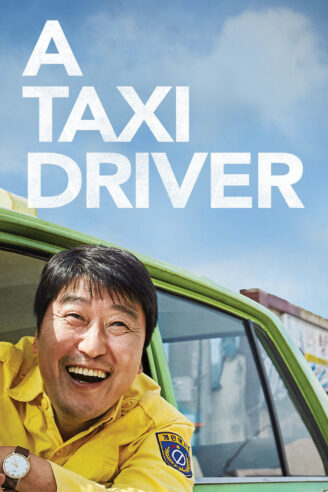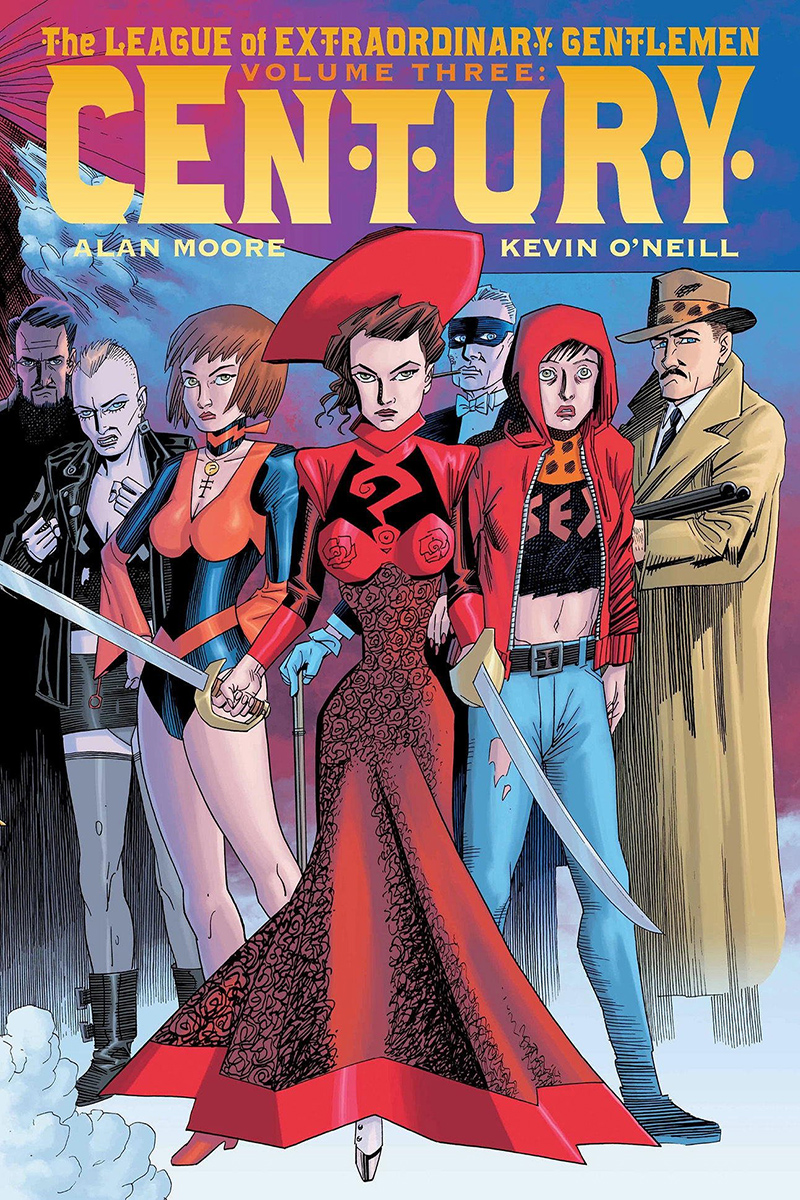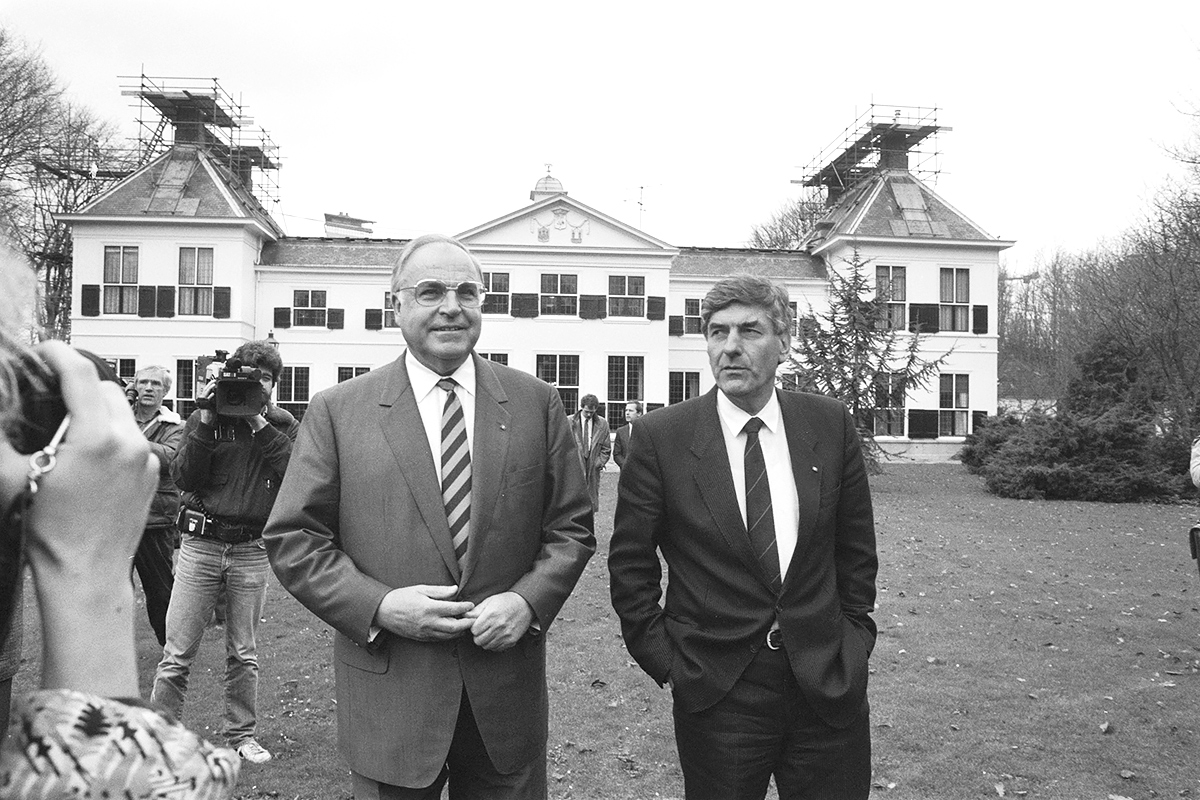There was a time when the Korean Peninsula was divided into two dictatorships. One was communist and endures to this day. The other was capitalist and went through a tumultuous latter half of the twentieth century. Jang Hoon’s 2017 film A Taxi Driver deals with one of South Korea’s deadliest postwar upheavals: the 1980 Gwangju Uprising.
What is striking about the coming of the dictatorship, brought about by Chun Doo-hwan’s military coup in late 1979, is how quiet it seems at the start of the film. Kim Sa-bok (Song Kang-ho) is the titular taxi driver, simply trying to make enough money driving the streets of Seoul to provide a living for himself and his daughter, Eun-jeong (Yoo Eun-mi). He is an everyman, a sometimes painfully relatable character. He has no ambition to change the world or even his country. He is simple, honest — and about to have greatness thrust upon him.
Kim is an unusual protagonist for this sort of movie. He is not an idealist. When he hears of the protests against the new dictator, he initially dismisses them as rowdy college students doing what rowdy college students do. It is not until he takes a German journalist, Jürgen Hinzpeter (Thomas Kretschmann) to the city of Gwangju that he witnesses the carnage the government is unleashing upon its own people.
Kim and Hinzpeter are perfect foils for one another. Hinzpeter is an ideologue, who believes in the power of journalism to affect positive change. Kim initially doesn’t care for such lofty idealism, but comes around when they enter Gwangju (after bluffing their way through a military checkpoint), which has become a war zone.
The scenes of unrest in Gwangju are haunting. When Kim’s bright green taxi enters the city, the film changes from a culture-clash comedy (one that involves many misunderstandings and bad English) to a harrowing portrait of the might of the industrial state. Chun Doo-hwan came to power in the wake of the assassination of the previous president, Park Chung-hee, and the clampdown was swift. Within the span of a day, Kim Sa-bok is disabused of the notion that history happens to other people, and hopefully viewers will too.
A Taxi Driver is, among other things, a film about the power of information. Hinzpeter fights to bring the carnage in Gwangju to the world. Kim is hesitant at first, but becomes a partisan when he sees how little the people of Seoul know about events in Gwangju. Multiple times, you see newspapers censored to absurd degrees. A little knowledge can be a dangerous thing, and this proves to be the case for Chun Doo-hwan’s regime.
In some ways, A Taxi Driver is a heroic story of resistance to authoritarianism. It is also a deeply humanist film, one that says that anyone, no matter how small they seem in the grand scheme of things, can make a difference. Kim Sa-bok was a brave man, on the screen and in real life (which differs quite strongly from the dramatized version, it should be noted), and the film inspires all of us to be brave should the situation arise.





